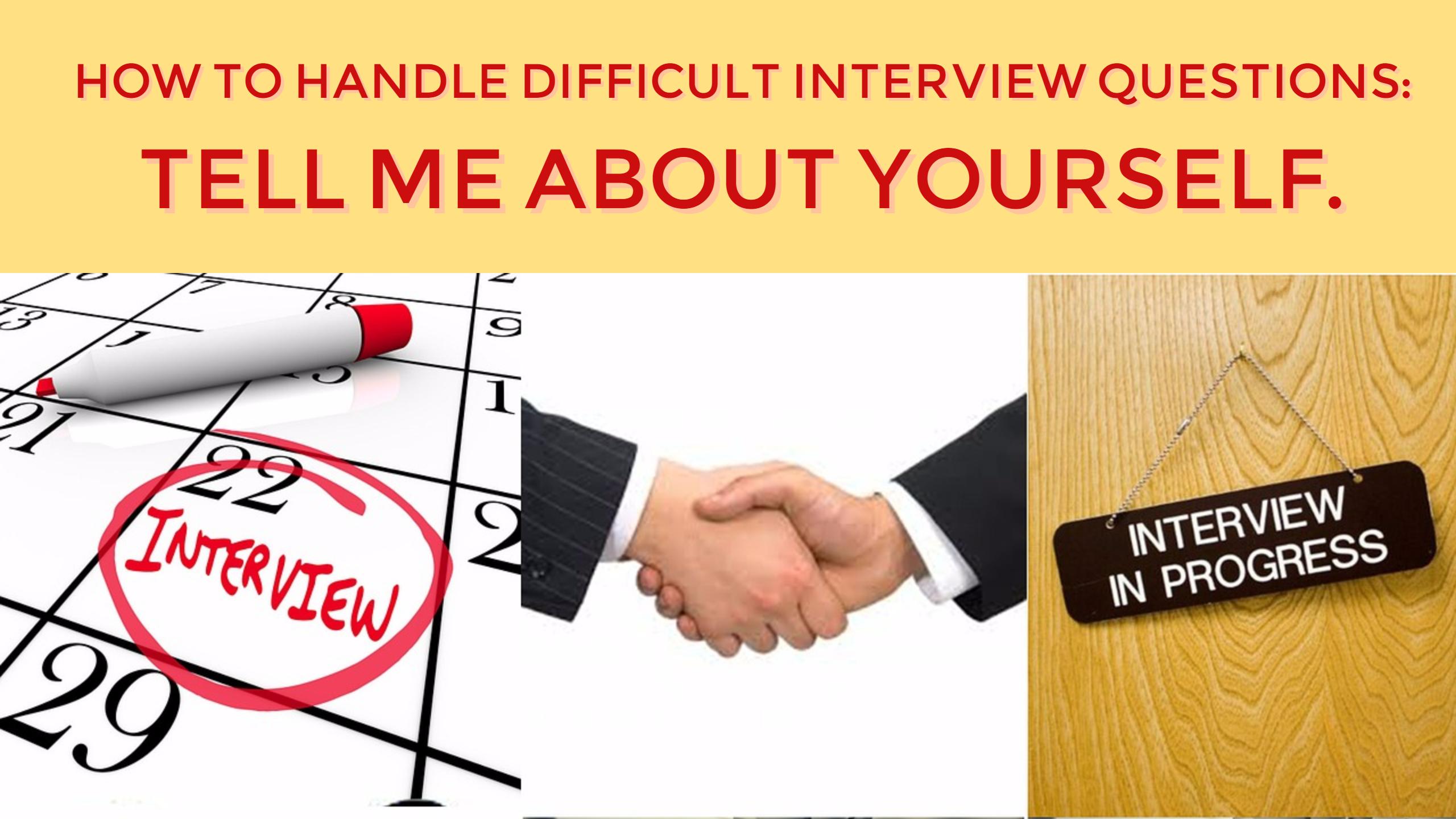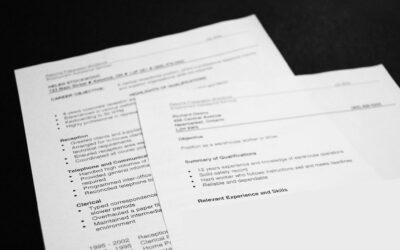Most interviewers start interviews with the question “Tell me about yourself?” The answer to this question is often included in a hiring authorities’ first impression and can often lead to you being either eliminated or screened out in the interview process.
You will be asked this question and need to practice your response so that you are comfortable with your answer. Instead of dreading this question, role-play your response with others and adjust your answer based on the feedback you receive. It’s better to be over-prepared than to have your answer sabotage your interview.
I will address the following three topics:
- What employers look for in your answer
- How to effectively format your response
- Great follow up responses
What employers look for in your answer…
The answer to this question has eliminated many qualified job seekers from serious consideration. When you hear this question, you are probably wondering where to begin, and exactly what this hiring authority wants to hear. The answer to this question is much more than a chronological breakdown of your experience. Interviewers are looking for a consistent story that provides an indication that you are a fit for their opportunity.
How to effectively format your response…
You need to answer and convey both of the following:
First: Provide the hiring authority with a sense of who you are and where you’re going. Stress why the opportunity you’re applying for represents a culmination of your skills, experience and talents acquired from your past employers. You want the hiring authority to realize that your experience to date, has prepared you for the responsibilities and challenges of their position. You can make this point subtly as you answer questions.
Second: Stress specific examples from your previous work experience or education that has prepared you for the opportunity being offered. Focus this part of your answer on your accomplishments and the impact of those accomplishments on past employers.
It is MOST important to Stress the Following:
- Challenges you faced and handled successfully
- Projects you successfully completed
- Past learning experiences that are relevant to this specific opportunity
It is effective to show the relevance of your past challenges, or completed projects to your high level of interest in their position. Also stress the confidence you have in your ability to do the job.
Share just enough detail without embellishing. Your answer should not be longer than two minutes, unless the interviewer interrupts you with questions. Your response should be short and concise.
Be careful not to ramble or talk too much. You do NOT want to review every job you’ve held or why you left past positions. This information will be revealed by the subsequent questions you are asked during your interview.
Great follow-up responses…
Throughout the entire interview you want to position yourself as the perfect person for their opportunity. Your interview is an “audition for a part” not a fact-finding mission. By the end of your interview, you want the hiring authority to feel confident that you can effectively do their job and provide them with a strong return on their investment if you are hired. If you are asked a question you don’t understand, ask for clarification. Your responses should always focus on the WIIFT (what’s in it for them) of the hiring authority. It is wise to write down questions in advance that will help uncover the priorities of each person in the interview process. If you are not asked if you have questions, it is wise to ask the interviewer if you can ask a few questions.



